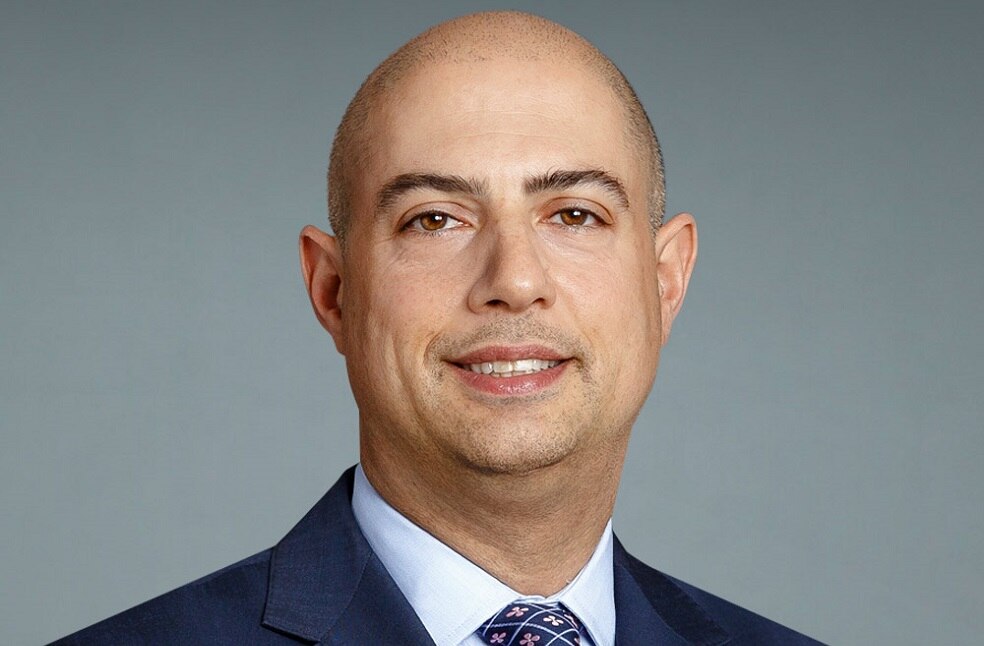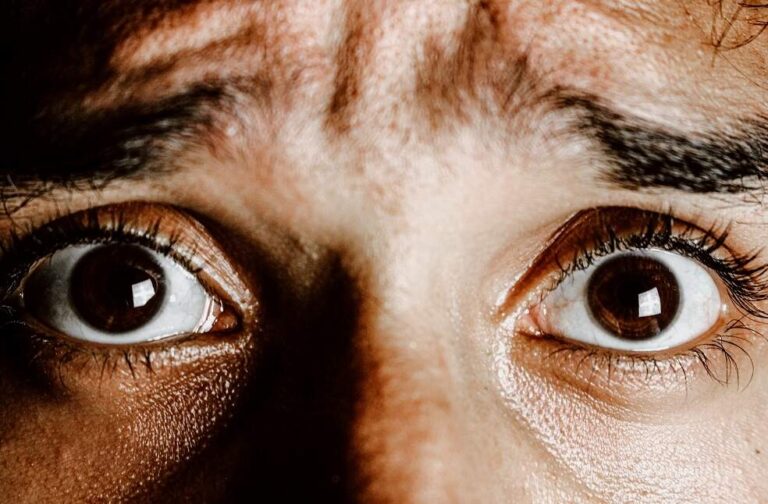New York, US: According to a new study, one in 5 persons who survive cardiac arrest and cardiopulmonary resuscitation (CPR) may recall having lucid dreams about dying when they were apparently unconscious and on the verge of passing away.
The study which was conducted between May 2017 and March 2020 in the US and the UK, involved 567 men and women whose hearts stopped beating while they were hospitalized and who got CPR. The study was led by researchers at the NYU Grossman School of Medicine and other institutions.

A sense of separation from the body and the ability to observe events without experiencing any pain or anguish were among the unusual lucid experiences that survivors described. Additionally, they reported making a meaningful assessment of their actions, intentions, and feelings toward other people. These experiences of death, according to the researchers, are not like hallucinations, dreams, delusions, illusions, or consciousness brought on by CPR.
In the study, tests for submerged brain activity were also utilized. A significant finding was the identification of spikes in brain activity up to one hour into CPR, including so-called gamma, delta, theta, alpha, and beta waves. When humans are conscious and engaged in higher-order mental activities including reasoning, memory retrieval, and conscious perception, some of these brain waves naturally take place.

These recalled experiences and brain wave changes may be the first signs of the so-called near-death experience, and we have captured them for the first time in a large study.
Prof. Sam Parnia highlighted.
Prof. Sam Parnia, MD, PhD, the lead study investigator and an intensive care physician, who is also an associate professor in the Department of Medicine at NYU Langone Health, as well as the organization’s director of critical care and resuscitation research observed that, “Our results offer evidence that while on the brink of death and in a coma, people undergo a unique inner conscious experience, including awareness without distress.”
Along with similar accounts of remembered death experiences, the discovery of electrically detectable indicators of lucid and increased brain activity raises the possibility that, like other biological body functions, the human sense of self and consciousness may not cease entirely at the moment of death, Prof. Parnia further added.

The authors of the study draw the conclusion that, while studies to date have not been able to definitively confirm the reality or significance of patients’ experiences and claims of awareness in relation to death, they have also not been able to refute them. They claim that more true empirical inquiry without bias should be conducted in light of remembered experiences surrounding death.



